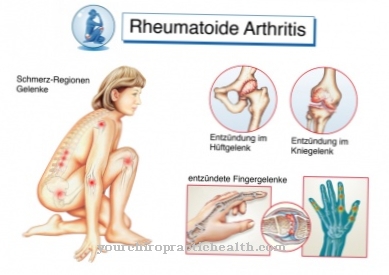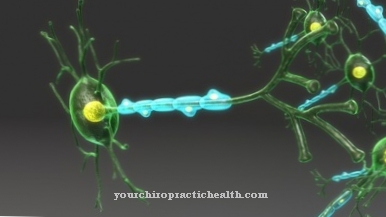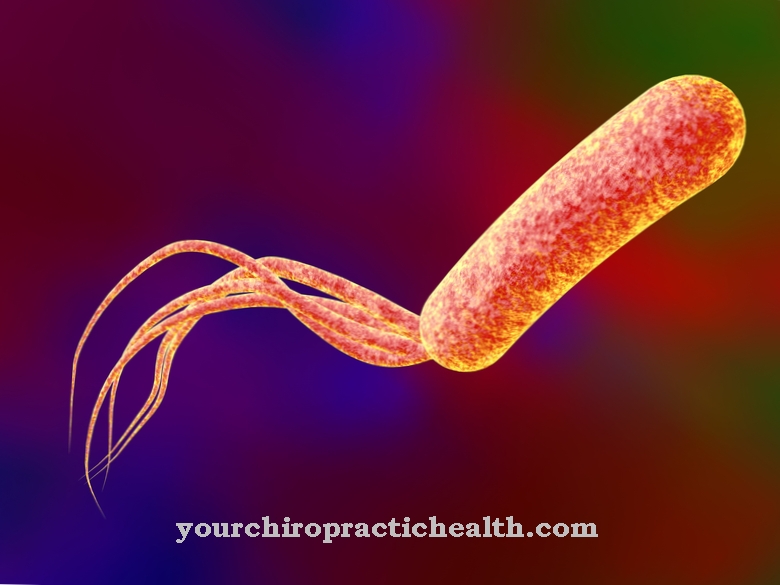When the wind spreads the first pollen in late February or March, allergy sufferers are alerted. Their noses begin to run, their eyes swell and water, and they sometimes even breathe away. Itching in the nose or eyes is still the smallest problem here.
You avoid the great outdoors, get antihistamines from the pharmacy and wait for the annoying phase to pass. Your quality of life seems severely degraded for a few days or weeks. Those who wear contact lenses in addition to all the stressful symptoms of hay fever, sometimes forego the advantages of the lens during critical times.
Because the pollen feels like grains of sand in the eye - all other foreign bodies must be strictly avoided. But come under consideration of certain conditions Contact lens wearers get through the hay fever months well.
What is hay fever anyway?
In general, hay fever is an allergic reaction of the body to the products of the male reproductive organs of the flowers - the stamens. These usually produce a large amount of pollen or pollen once, but sometimes also several times a year, which is transferred to the female reproductive organs - the pistil with stylus and stigma - either by the wind or by insects.
Pollen is chemically made up of proteins - proteins - and is identified as dangerous foreign substances by the immune system of allergy sufferers. By coughing, tearing and sneezing, their bodies try to get rid of them or at least to decimate them. To ensure this, the mucous membranes in the throat, pharynx and nose swell.
The cornea and conjunctiva of the eye become red and are prepared for defense. Hay fever can be seasonal on a very specific plant or all year round on various allergens in the house (such as the excretions of house dust mites or animal dander and animal hair).
What about wearing contact lenses with hay fever?
Anyone who gets along well with contact lenses all year round can safely wear their contact lenses even during the allergic days, weeks and months. It makes no difference to his immune system whether these are on the cornea or not. The point is simply the decision as to whether the contact lens wearer feels better subjectively in the critical time without contact lenses.
If you have severe allergies, i.e. severe swelling, redness or severe itching, it is probably easier to do without contact lenses. In particular, the constant temptation to rub your eyes with your hands to suppress the itching only intensifies it. In all other cases, however, the contact lenses can be worn given a few facts.
Hard or soft?
Convincing contact lens wearers who are allergic to pollen use alternative lenses during critical times, i.e. they change their lenses more often (monthly, daily). Many of them are allergic to the pollen of only one or two plants, which is easier to survive leaves as a general pollen allergy. By switching to alternative lenses, you can easily survive a week or two of pollen count.
Daily lenses in particular provide the eye with more moisture and are more hygienic than monthly or annual lenses that are cleaned daily. Daily lenses are a very good alternative year-round for sensitive wearers and especially a great help for allergy sufferers in critical times.
Many people do not tolerate hard contact lenses as well as soft ones because they are generally perceived as foreign objects. If foreign objects such as dust or hair get into the eye, they can more easily slip under the lens with hard lenses and irritate the cornea. Soft contact lenses are usually so well tolerated that the wearer does not even feel their presence.
But experts consider them to be less healthy because they dry out the eyes more. In the case of allergies, however, there are other requirements for choosing hard or soft contact lenses. Soft lenses are more permeable to both oxygen and allergens due to the porous material.
Furthermore, residues of cleaning and storage solutions, but above all of often incompatible preservatives, can get stuck in these pores and further reduce the tolerance during the allergy period. We recommend that allergic contact lens wearers only use wetting and cleaning agents that are free from preservatives.
Moisture instead of tears
To keep the eye moist, natural tear fluid and regular blinking are usually sufficient. However, contact lens wearers know the problem that the eye becomes drier and drier during the day and even blinking is perceived as uncomfortable. When wearing lenses, the moistening by the natural tear fluid no longer works optimally, which is why many contact lens wearers resort to wetting drops.
From a chemical point of view, these are very similar to human tear fluid and moisten the eye with every blink of the eye. It is recommended that allergic contact lens wearers use these wetting drops regularly. This will flush pollen and fractions of pollen out of the eye.
Proper cleaning
Since pollen residues adhere to the contact lenses without being visible to the naked eye, allergy sufferers have to clean the lenses more precisely and conscientiously. Lenses that have been worn for a month or more, in particular, must be completely free of allergens. The deposits on the surface of the lens already irritate the eyes of non-allergy sufferers.
The eye of allergy sufferers, which is already under stress, is burdened by these deposits in addition to the allergic reaction. Lentils need to be cleaned and sprinkled with a wetting solution more often daily during the pollen season. Allergic contact lens wearers are advised to use special protein removers, which reliably remove pollen and its residues from the surface of the lens.
Protection for the eye
In order to ensure that the contact lenses are comfortable to wear, it must be remembered that the eyes of contact lens wearers are more sensitive to light than the eyes of spectacle wearers. Contact lenses allow more light to reach the cornea and through the pupil to the lens than glasses. It is therefore urgently recommended for everyone to wear sunglasses outdoors, where the quality of the lenses (UV radiation!) Must be taken into account.
You shouldn't save in the wrong place here. This is even more the case for contact lens wearers who are allergic. An irritated eye should not experience any additional stress. Sunglasses can also mechanically block a lot of pollen from entering the eye or at least make it more difficult for them to penetrate. Here, too, the glasses must be cleaned regularly, because even after a few hours, the pollen residues are able to trigger allergic reactions.
Conclusion
If the eyes of the allergic contact lens wearer are extremely irritated, it is best to do without the contact lenses and use the optical glasses or the optical sunglasses outdoors. In all other cases, if the above recommendations are observed, it is not a must to do without the lenses during the critical time.




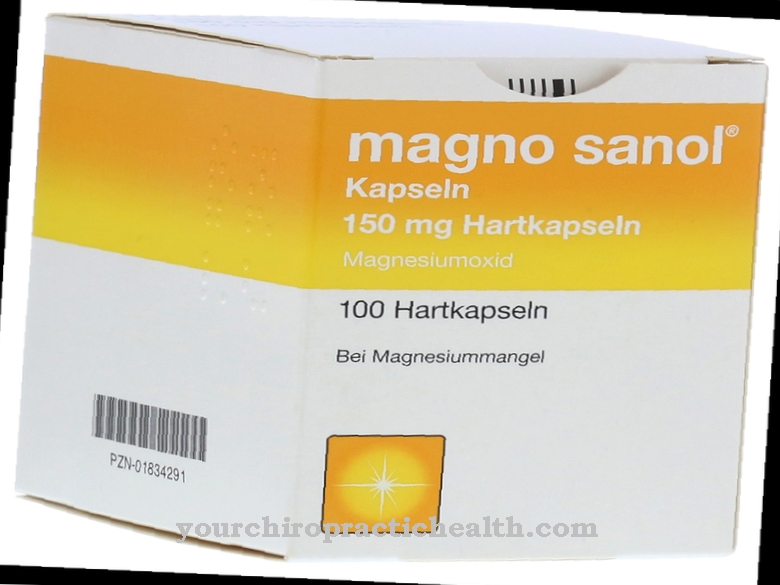
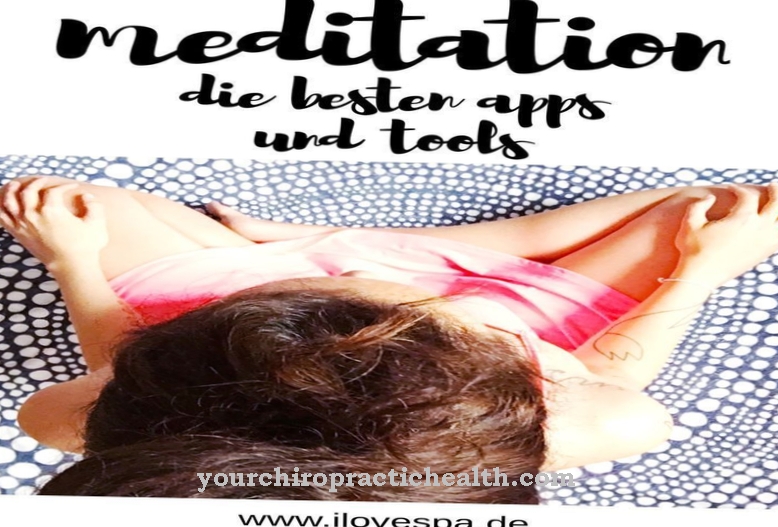
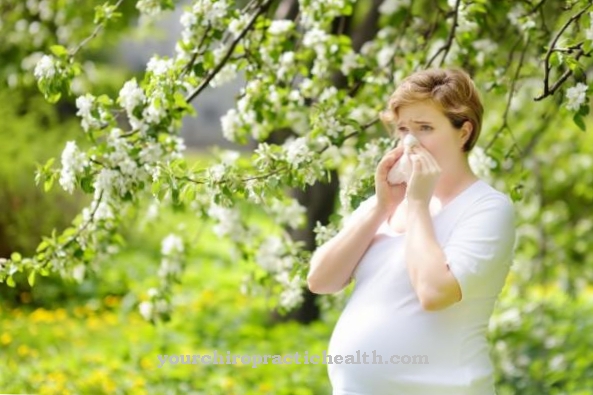

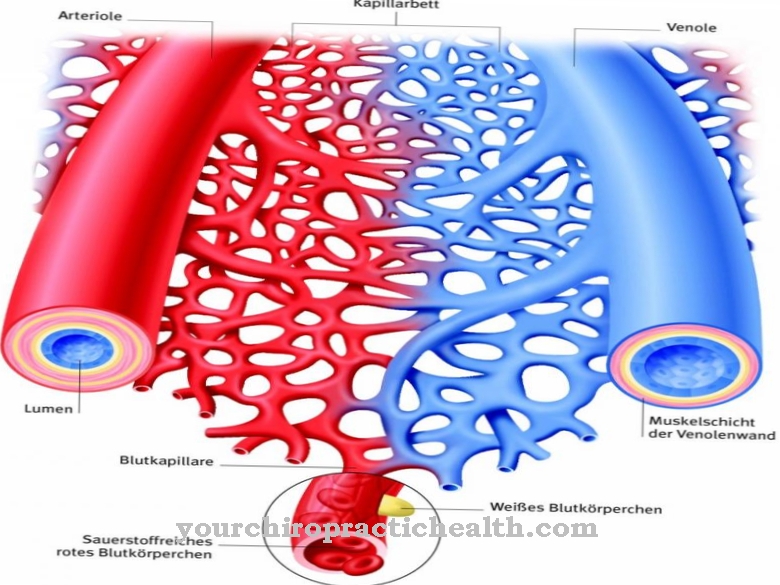







.jpg)



.jpg)

.jpg)
